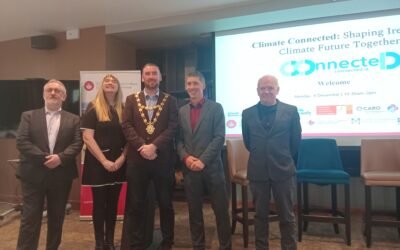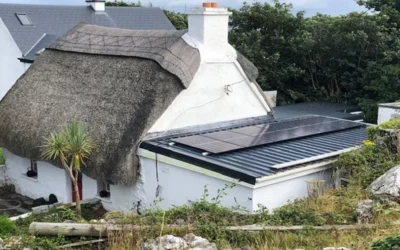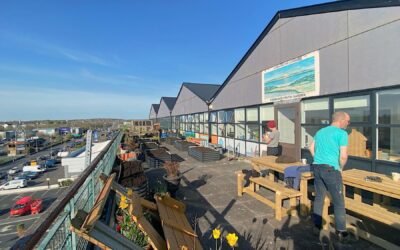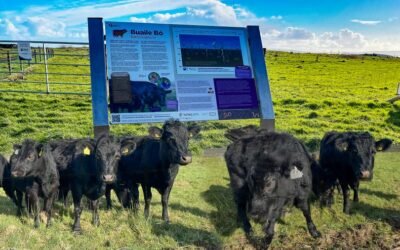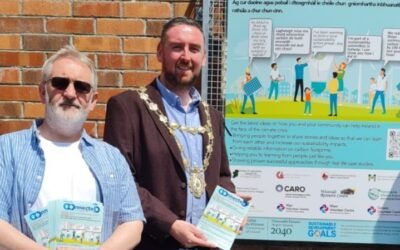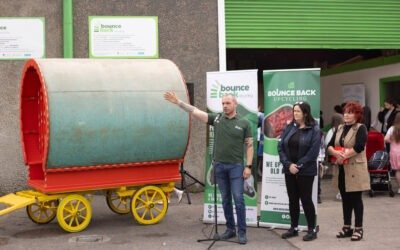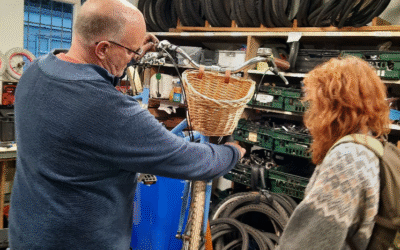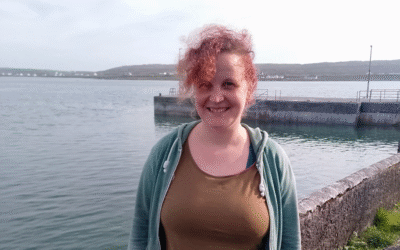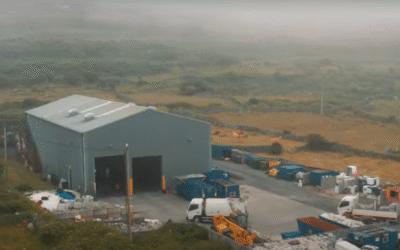ClimateConnected.ie, was officially launched yesterday in Galway, marking a significant step forward in empowering local groups, households and organisations to take practical, measurable climate action.
County:
Galway
Aran Islands DZ (Ceantar Dhícharbónú na hOileáin Árainn)
Galway County Council identified na hOileáin Árann as their decarbonization zone. It is made up by three islands at the mouth of Galway Bay, off the west coast of Ireland, with a total area around 46 km2. From west to east, the islands are Árainn (Inis Mór), which is the largest; Inis Meáin, the second largest; and Inis Oírr. There is a population of 1,347 (as of 2022) and the area is designated as an official Gaeltacht.
Hinterland West – making links along the food chain
Hinterland (often called ‘Hinterland West Galway’) is a community-rooted project that wants on transform food systems—looking at food insecurity,and inequity. It also wants us to be more connected to the land, and be more sustainable. It brings together research, action, creativity and education to help make a fair and sustainable food future for all. Since it was founded, Hinterland has focussed on reconnecting people with food, farming, and each other. They do this through growing, sharing, learning and imagining.
Buaile Bó Ballyloughane – a natural solution
A beach in Galway City was the home of a family of Dexter cows in 2024, to graze the headland east of Ballyloughane beach for several months as part of a project led by Galway City Council, working with a local farmer. Local schools and community groups were invited to participate in a programme to share information about this native Irish breed, farming, and its relationship to Irish biodiversity.
West Side Resource Centre – a supportive, local ecosystem. Podcast with James Coyne
The Westside Resource Centre is a hub for the community where people can find resources and make connections to help kickstart their sustainability actions – there are resource centres and community hubs throughout Ireland: find yours and start your own action. In our latest podcast, Maeve from the Climate Connected series speaks with James Coyne, the CEO of the Galway Westside Resource Centre, about how his community-focused organisation is tackling climate and environmental issues from the ground up.
Bounce Back Recycling: a lesson from Ireland’s ‘original recyclers’
Bounce Back Recycling (BBR) is a Traveller-led social enterprise that breaks down mattresses and bulky furniture by hand so their materials can be reused or recycled instead of having to be landfilled or incinerated. It brings together environmental aims (shifting bulky waste into the circular economy) with social goals (training and employing people from the Traveller community).
An Mheitheal Rothar – Galway’s Community Bike Workshop
An Meitheal Rothar is a not for profit Co-operative and Sustainable Business run by a team that creates positive change. It was born from the idea that people could come together in a group or a cooperative, to help each other as part of a community. An Meitheal Rothar fixes bikes, sells bikes, and teaches people how to repair bikes. It gives bikes for people in need, it asks for more walking and cycling in Galway City, helps us re-use and recycling things more – what is called the ‘circular economy’.
Jenni has reduced her flights footprint to using ferries and trains
I travel from Inis Mór, an island on the west coast of Ireland to Finland by ferries and trains. I live permanently in Inis Mór but I am originally from Finland. So I visit friends and family in Finland once a year. I plan to travel this way every time in both directions.
Achursáil Árainn – Aran Recycling
A community member owned co-operative of the Aran Islands. The key to the project was the islanders deciding they no longer wanted to dump household and commercial waste to landfill on the island. This affected the quality of the public water supply. A more sustainable view was needed: based on maximum recycling and minimum landfill. This was achieved and almost 60% of all waste on the island is recylced or repurposed – way ahead of the national targets.

